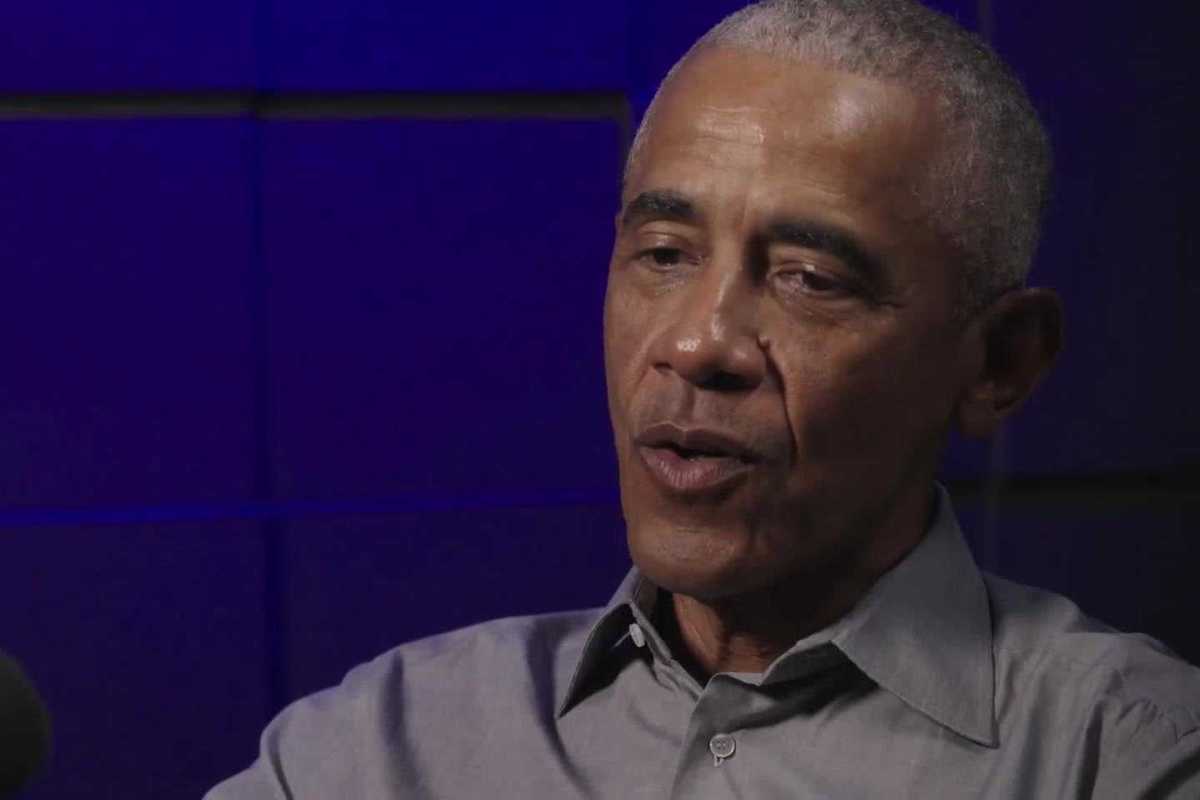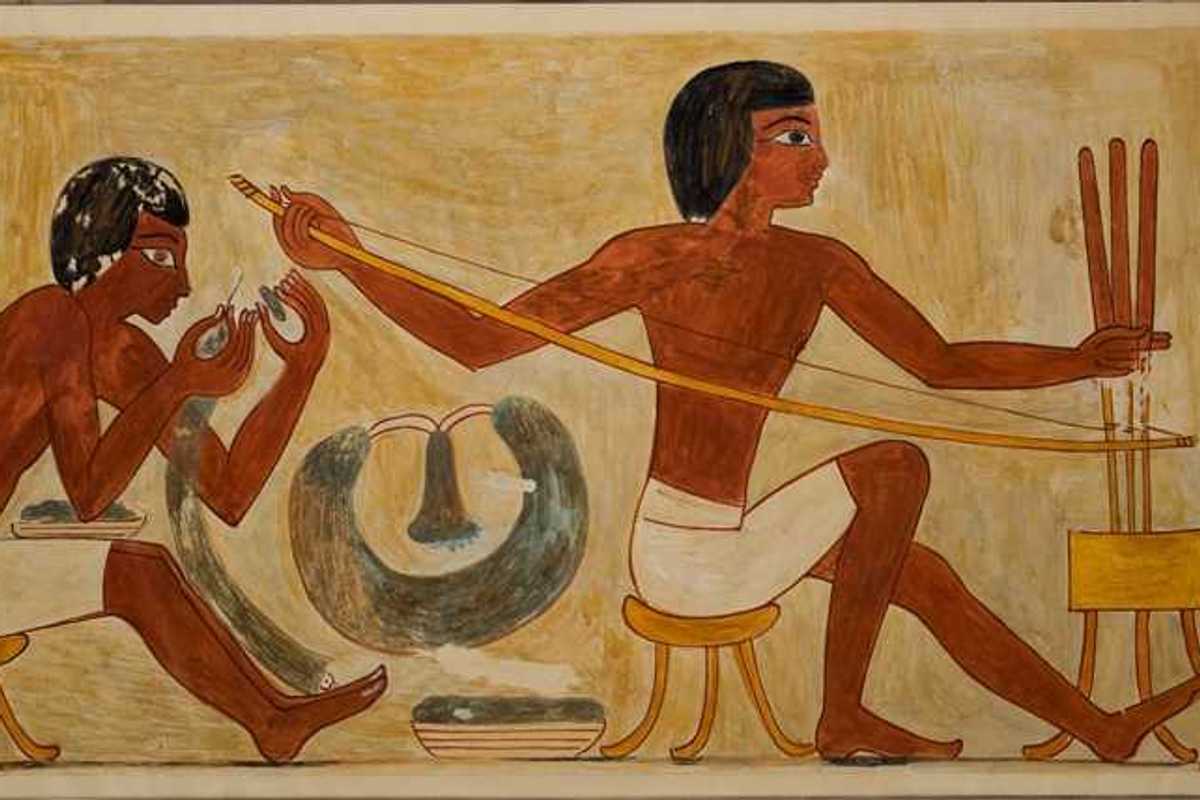News
Kiara Keane
Sep 09, 2016

Falling in love is a pretty big deal. But how do you know if it’s the real thing, or if your relationship definitely going to last?
Rather than leave it to fate, you can now figure that out by answering two simple questions, which is really convenient.
Two professors at the University of Virginia, Leora Friedberg and Steven Stern, came up with the two all-important questions that can apparently tell you if you really are in love, or if your relationship is doomed to fail.
Question one:
How happy are you in your marriage relative to how happy you would be if you weren't in the marriage?
And question two:
How do you think your spouse answered that question?
According to the Mail Online, the pair asked 4,242 couples these two questions, and then asked them again six years later to compare results.
So what do your answers mean? Apparently you are more likely to break up if you answered that you would be equally happy being single as being in a relationship, which isn’t too surprising.
As well as that, they found that only 41 per cent of participants could tell how their partner felt about the relationship.
Professor Stern explained:
If I believe my wife is really happy in the marriage. I might push her to do more chores or contribute a larger portion of the family income. If, unbeknownst to me, she's actually just lukewarm about the marriage, or she's got a really good-looking guy who is interested in her, she may decide those demands are the last straw, and decide a divorce would be a better option for her.
He added:
In this scenario, pushing a bargain too hard, based on the misperception of a partner's happiness, will result in a divorce that wouldn't otherwise have occurred.
For a lasting relationship, Stern and Friedberg said it's important not to bargain too hard.
Professor Friedberg said:
This data shows that people aren't being as tough negotiators as they could be, and then we realised that we needed to include caring in the model for it to make sense.
Top 100
The Conversation (0)













